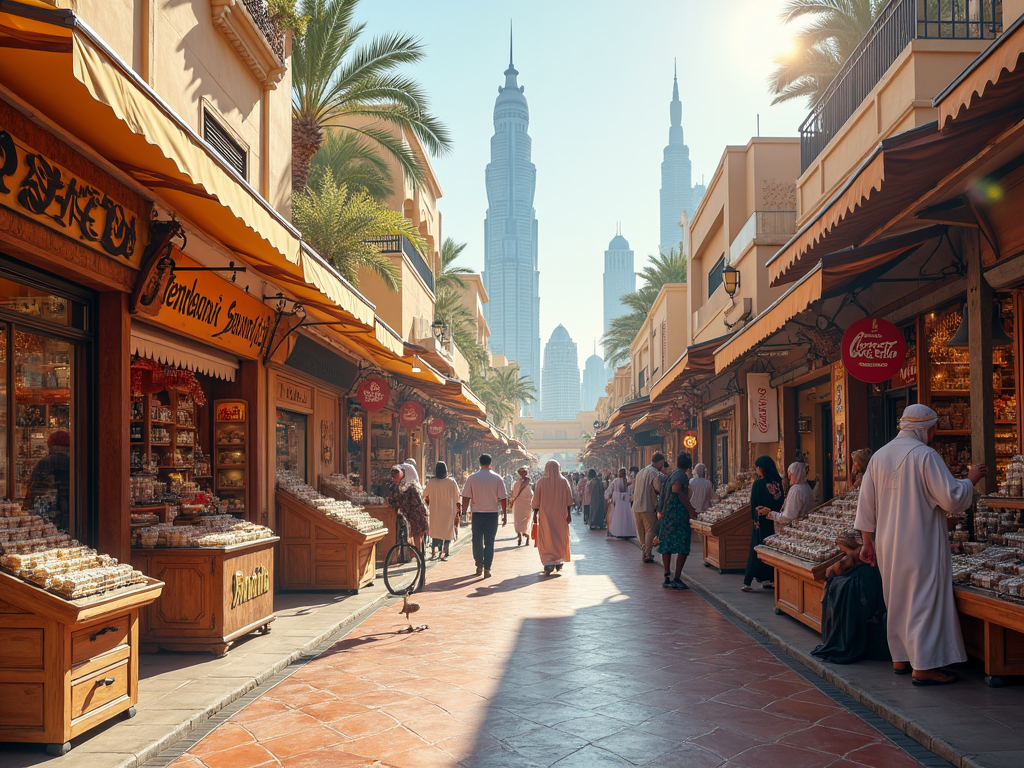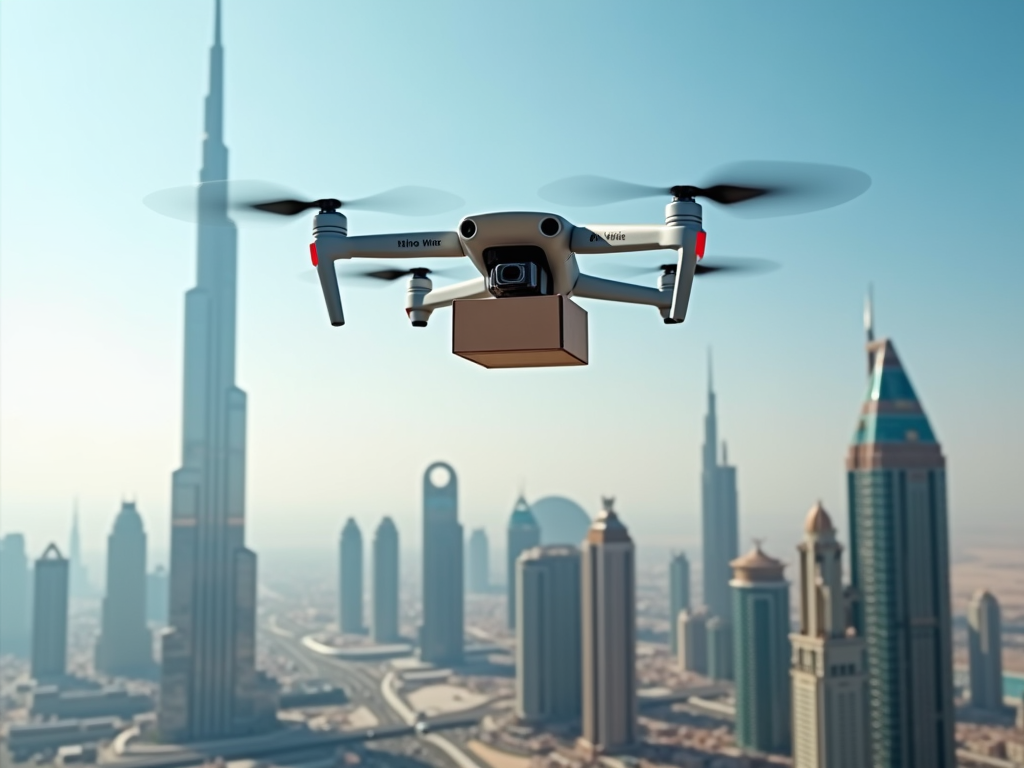Dubai, a bustling hub for business and trade in the Middle East, requires specific licenses for commercial activities. One key license is the trading licence in Dubai, which serves as a legal permit allowing individuals and businesses to operate in the emirate. Understanding the various types of trade licenses available is essential for anyone looking to establish a business in Dubai. There are primarily three types of trade licenses: Commercial, Professional, and Industrial. Each type caters to distinct business activities and regulations, ensuring compliance with local laws and promoting smooth business operations.
1. Commercial Trade License

The Commercial Trade License is one of the most common types of licenses issued in Dubai. This license covers a wide range of trading activities, including the sale of goods and services related to various sectors. Businesses under this category can include retail shops, wholesalers, and import/export companies. The license is typically easy to obtain, provided that the company meets all legal requirements set by the government.
Some key aspects of the Commercial Trade License are as follows:
- Activities Covered: This license allows businesses to engage in retail, wholesale, and general trading.
- Shareholder Requirements: A commercial license usually requires a local sponsor or a UAE national to hold at least 51% of the shares.
- Documentation: Specific documents are needed, such as a completed application form, passport copies, and a trade name reservation.
2. Professional Trade License

A Professional Trade License is intended for individuals or businesses offering services based on intellectual expertise or vocational skills. This license is ideal for freelancers, consultants, and professionals in fields such as healthcare, education, and IT. Unlike the Commercial Trade License, this type does not require a local sponsor for ownership, making it more accessible for expatriates and foreign investors.
Key features of the Professional Trade License include:
- Service Orientation: This license focuses on professional services rather than trading goods.
- No Local Sponsor Required: Foreign professionals can fully own their businesses without a local partner.
- Qualifications: Applicants may need to provide proof of qualifications and professional experience.
For businesses involved in manufacturing or industrial activities, the Industrial Trade License is essential. This license allows companies to produce goods and engage in industrial operations, such as transforming raw materials into finished products. Industries that typically require this license include construction, manufacturing plants, and assembly operations. Obtaining an Industrial Trade License usually involves significant investment and a detailed application process to assess the business’s potential impact on the economy.
The Industrial Trade License includes important considerations, such as:
- Investment Requirement: This type of license often necessitates a higher initial investment compared to other licenses.
- Facilities Validation: The business premises must comply with local safety and environmental regulations.
- Technical Expertise: Depending on the industry, evidence of technical skill and expertise may be required from the management team.
4. Tourism License
Dubai’s robust tourism sector offers opportunities for businesses in hospitality, travel agencies, and tour operators. A Tourism License enables companies to provide travel packages, hospitality services, and tour guiding. Due to the prominence of tourism in the emirate, this license is crucial for businesses looking to tap into this lucrative market. The regulatory framework is aimed at enhancing safety and service quality for visitors.
Key points about the Tourism License include:
- Types of Services: This license permits activities related to travel, accommodation, and guided tours.
- Compliance Standards: Businesses must adhere to the highest standards of service and safety.
- Partnerships: Companies may need to collaborate with local agencies or other businesses to operate effectively.
5. Agricultural License
The Agricultural License is vital for businesses engaged in farming, horticulture, and other agricultural activities. As Dubai seeks to enhance its food security and sustainable practices, this license has become increasingly significant. Companies involved in agriculture can use this license to cultivate crops, raise livestock, and engage in related activities, thereby contributing to the emirate’s self-sufficiency goals.
Important aspects of the Agricultural License include:
- Crop Production: This license supports businesses focused on growing crops and plants.
- Sustainable Practices: Companies must demonstrate environmentally-friendly and sustainable methods of farming.
- Inspection and Compliance: Regular inspections may be conducted to ensure compliance with agricultural regulations.
Conclusion
Understanding the different types of trade licenses in Dubai is crucial for anyone looking to establish a business in the region. Each license serves distinct purposes and comes with specific requirements tailored to various types of business activities. Commercial, Professional, Industrial, Tourism, and Agricultural licenses cater to diverse sectors, ensuring entrepreneurs can operate legally and efficiently. By complying with the local regulations and obtaining the appropriate license, businesses can thrive in Dubai’s dynamic market environment.
Frequently Asked Questions
1. What is the primary purpose of a trade license in Dubai?
The primary purpose of a trade license in Dubai is to legally permit individuals or businesses to operate within the emirate. It ensures compliance with local regulations and standards for various business activities.
2. How can I apply for a trade license in Dubai?
To apply for a trade license in Dubai, you need to submit a completed application form along with necessary documents to the Department of Economic Development (DED) or relevant free zone authority, depending on where you intend to operate.
3. Do I need a local sponsor to obtain a Professional Trade License?
No, a Professional Trade License does not require a local sponsor. Foreign professionals can fully own their business under this type of license.
4. Are there any restrictions on the types of businesses I can operate with a Commercial Trade License?
Yes, a Commercial Trade License has specific restrictions based on the nature of the business activities. You’ll need to ensure that your intended activities align with the guidelines provided by the DED.
5. How much does it typically cost to obtain a trade license in Dubai?
The cost of obtaining a trade license in Dubai varies based on the type of license and the business activity. Generally, it can range from a few thousand to tens of thousands of dirhams, depending on additional requirements, such as office space and visas.


